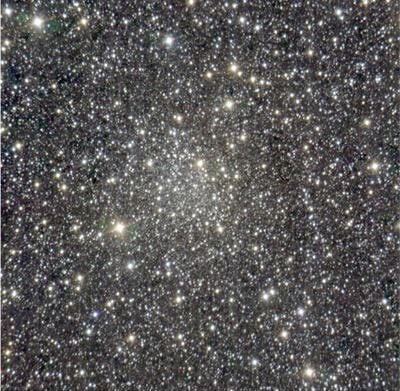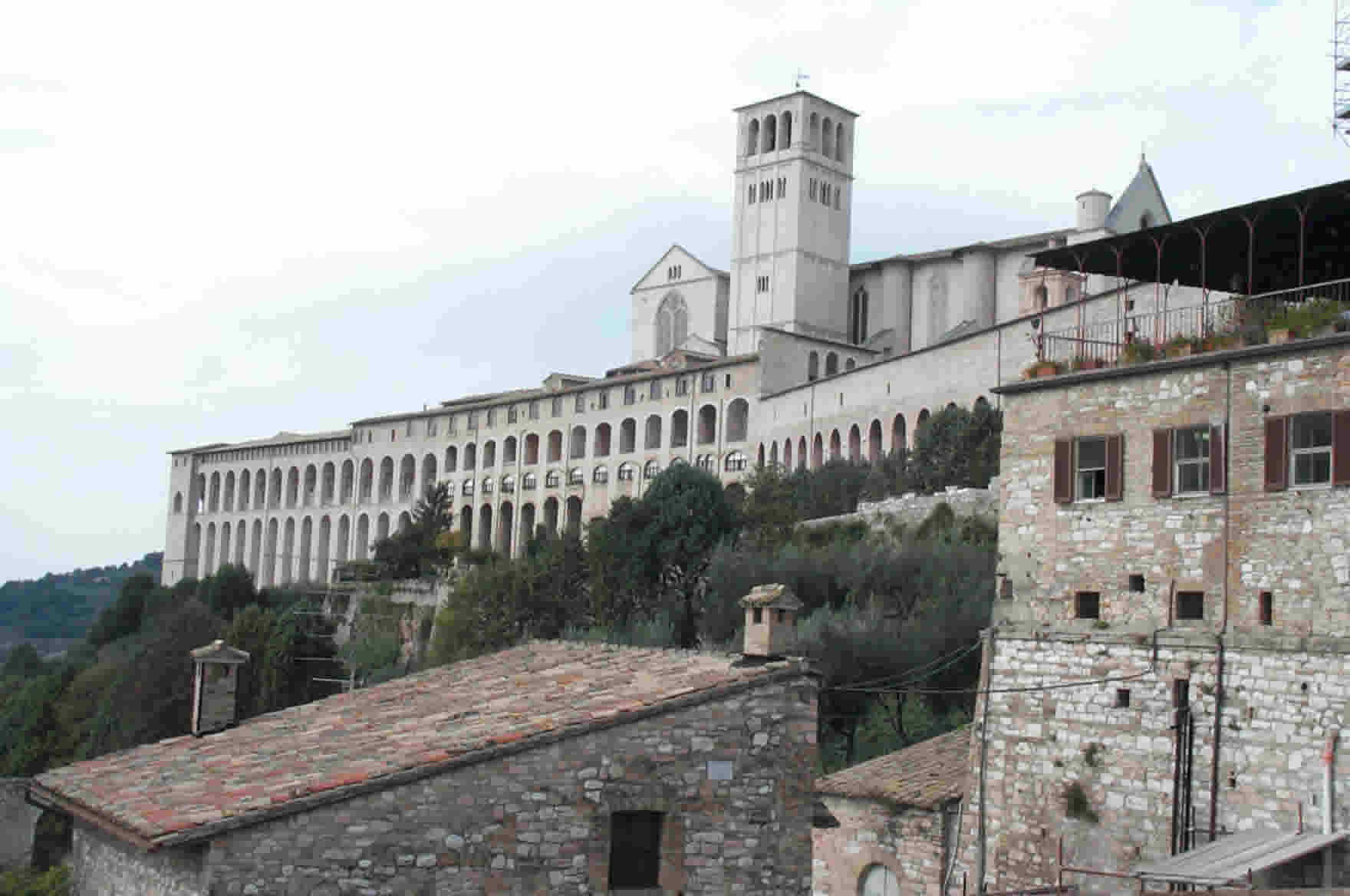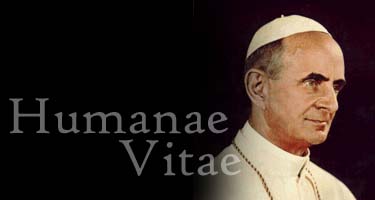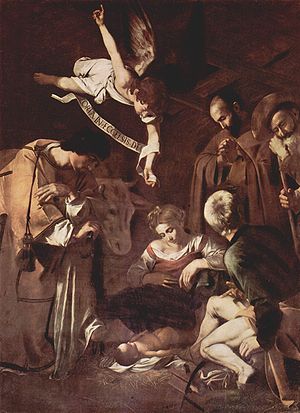
A traveller one day found a long road and at the side of the road was a sign saying, ‘The Road to Heaven’. ‘My God!’ he exclaimed, ‘this is the Road that I have been searching for all my life!’ He looked up into the Heavens and thanked God with all his heart.
‘Nothing,’ he thought to himself, ‘nothing can deter me from this Road, for this is the Road to Heaven’.
He had been walking just a mile when he a mist descended on the Road. He could see just a yard in front of him and began to exclaim, ‘My God, where am I?’ A few moments later the mist began to lift and he could see the road open up before him again. It did not appear to be very different only slightly broader. In fact, the road appeared more easy. He felt as if after the mist had lifted greatly and in fact the gradient of the road was at a more comfortable angle.
He travelled just a little while longer when suddenly he noticed a small wooden booth at the side of the road. ‘How odd,’ he thought, for the road had been largely deserted. He approached the booth and inside was a Man.
He could not see him well, but he could tell from his voice that he was a Man, when the Man said to him;
“What are you looking for, my son?”
The traveller answered, ‘this is the Road to Heaven, isn’t it?’
‘The Road to Heaven?” the Man answered, “I will show you, but first, tell me what happened.”
The two men talked a while. After they had finished talking the traveller let himself out of the booth. The Man also got out with him and said to him,
“See this road you were walking, this is not the Road to Heaven. Don’t be ashamed, lots of people get lost on the Road to Heaven and you must have taken a wrong turning when the mist descended. Look over there at that Road. That, son, is the Road to Heaven.”
The traveller exclaimed, “You are right! There it is, O thank you so much.”
The Man replied, “Go in peace. I will see you soon.”
The traveller left him and continued along the right path on the Road to Heaven, still wondering how it could be that he would see the Man soon, when all he seemed to do was sit in the booth while he was walking straight ahead away from him. He continued to walk along the Road. He felt peaceful and at rest as if a burden had been removed from him by the Man in the booth. The sounds of birds singing filled the air and his heart was light with joy.
A couple of miles down the Road he approached what looked like a thicket. The Road narrowed greatly and appeared to be more uncomfortable. In the thicket there were tall plants and grasses and the Path, which had narrowed, grew less visible to his eyes, which were dimmed slightly through sweat that rolled down from his forehead.
“Ouch!” he exclaimed, when the leg of his trousers was cut by a thorn bush. He saw out of the corner of his eye a pathway through the thicket leading out into what looked like clear sky.
‘I will take that pathway, because it appears to be clearer than this’, he thought to himself.
The pathway curved around slightly, he could see in the distance.
‘I’m sure this pathway will lead onto the right Road again’, he thought. He started to walk along it and soon enough he emerged from the thicket and was back on a road.
It widened more and more and soon enough he was back on the open road. He felt free again and liberated from the difficulties he had been experiencing. He was limping though, for in the struggles he had experienced on the Road he had injured himself. He walked just a hundred yards more when he saw a booth, very similar to the one he had seen near the beginning of his journey.
He approached the booth and knocked on it.
“Come in,” he heard a voice say gently. He recognised the voice as being the same Man who had helped him the first time.
“Hello, I didn’t expect to see you again, but I got lost,” said the traveller. “I got entangled in a thicket. The Road that you showed me was hard and I think I may have taken a wrong turning because that road seemed easier.”
“I understand,” said the Man, “Look you have injured yourself, you have a wound son and you are bleeding. Here I have bandages on my person. Let me heal you.”
The traveller was overcome by the generosity and compassion of the Man,
“O thank you for finding me again. He began to cry and said, “I’m sorry, how foolish of me to get lost like that and take the easy path out.”
The Man looked upon the traveller with pity and said, “Nobody said the Road to Heaven was easy, but look, I am here for you and I found you.”
They left the booth together and the Man looked at him and saw that the traveller was hungry. In his hands he held some Bread and some Wine.
“You must be hungry and thirsty,” said the Man.
“Yes, yes I am,” said the traveller.
“Here, take this and eat” the Man said gently as he gave the traveller some Bread.
The traveller ate the Bread and was satisfied.
“Now, said the Man, take this Wine and drink from it.”
The traveller drank the Wine and it tasted good. After he had eaten the Bread and drank the Wine he felt stronger and read to walk the Road once more.
He left the booth thankful in his heart to the Man and lighter of foot, he felt the wound in his leg less painful and looked out onto the Road to Heaven, which shone with a bright sun on the horizon, clear and bright, lined with beautiful trees. He walked down it.
‘Ah yes,’ he thought to himself, ‘this is the Road to Heaven, I recognise it now.’
He breathed in the clean, fresh air of the Road and marvelled at all of Creation.
The Road narrowed again and he began to feel a drop of rain, the night was drawing in, the wind began to grow stronger than the gentle breeze he had felt earlier. Small droplets of water soon became big ones, trees by the side of the road swayed in the stormy weather, he went to shelter underneath one, but lightning flashed and struck it before he could shelter there. The traveller felt cold and alone, shivering in the dark night while rain lashed down upon him. He struggled on but the energy he was using up trying to walk this road was soon taking its toll. He felt his legs give way beneath him several times and fell down onto the hard ground upon which his tired feet stumbled.
It was then that out of the corner of his eye, he saw a road. It was lit by lights which looked appealing because this Road he was travelling was so dark in the night and he could see that the ground on the pathway he saw to the side of the road was dry. He scrambled over towards it and walked down it. It was dry, yes, but his clothes remained sodden wet. He sat down a while, rested and then got up.
‘Yes,’ he thought to himself, ‘at some point I must have taken a wrong turning, for that Road was so hard, it cannot have been the Road to Heaven. It was so stormy and windy, so narrow and fierce. This must be the right road for me.’
He walked on along this dimly lit and more comfortable path but began to feel sad, for even though he had been on the Road which was narrow and hard, stormy and rainy, difficult, he had taken a different path the last time only to realise it was the wrong one. Suddenly, in the dry, dimly lit pathway he was now upon, a road that seemed to have no horizon, a road that seemed to lead to darkness, an easy road, that seemed to go nowhere, he began to feel pangs of pain in his heart. His conscience pricked at him and he felt terribly alone.
‘Where is the Man, who helps me now and who always puts me back on the Road to Heaven?!’ he thought to himself. ‘This road may be comfortable but it is going nowhere! I’ve deceived myself and have been deceived! I left the narrow road I was on and now I know not where I am going!’
In the distance he could see a wooden booth. ‘There!’ he exclaimed. ‘There it is, there is the Man who will rescue me!’ He hastened over to the booth which was now just yards away. The Man came out of the booth and ran towards him.
He heard the Man shout aloud towards him, “My son, what is wrong!?”
‘Master!’ cried the traveller and when he met him fell at his feet upon his knees. ‘Master, the Road you showed me to travel was too hard. I was alone and knew not what to do! I was alone and it was hard, it was narrow and too difficult for me on my own, I grew weary and weak in the storm! I saw this path, this other road and took it because it was easier and now the Road to Heaven that I was on, I know not how to get back to it, for behind me the Road to Heaven has disappeared! What a fool I am, for I took the easy way out! I’m a coward and a weak man!”
The Man, who now looked upon the traveller with tender pity knelt down to him and took him in his arms. The traveller wept upon his shoulder and poured out the tears of pain and guilt that emanated from his poor and tired heart.
The traveller still had his eyes closed when he heard the Man say in a voice more gentle and pure than any he had ever heard say,
“My son, I know the Road so well, because I have walked it myself. I made the Road to Heaven and I know how hard it is, but be of good cheer. I am with you and at the end of the Road is a special place for you, a place of great joy. You will be there and I will be there. Yes, I am your Best Friend and at the end of the Road we shall be reunited for evermore. There at the end of the Road there will be no more tears, no more suffering and no more heartache. But, son, do not be ashamed of losing sight of it sometimes, because every time you get lost and follow a different road, I will find you and put you back on the Road to Heaven.
“You must be hungry and thirsty,” said the Man.
“Yes, yes I am,” said the traveller.
“Here, take this and eat” the Man said gently as he gave the traveller some Bread.
The traveller ate the Bread and was satisfied.
“Now, said the Man, take this Wine and drink from it.”
The traveller drank the Wine and it tasted good. After he had eaten the Bread and drank the Wine he felt stronger and read to walk the Road once more.















